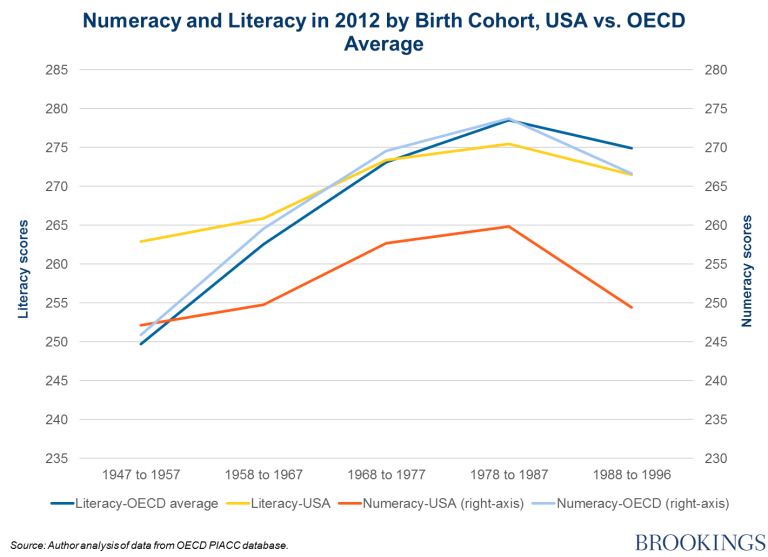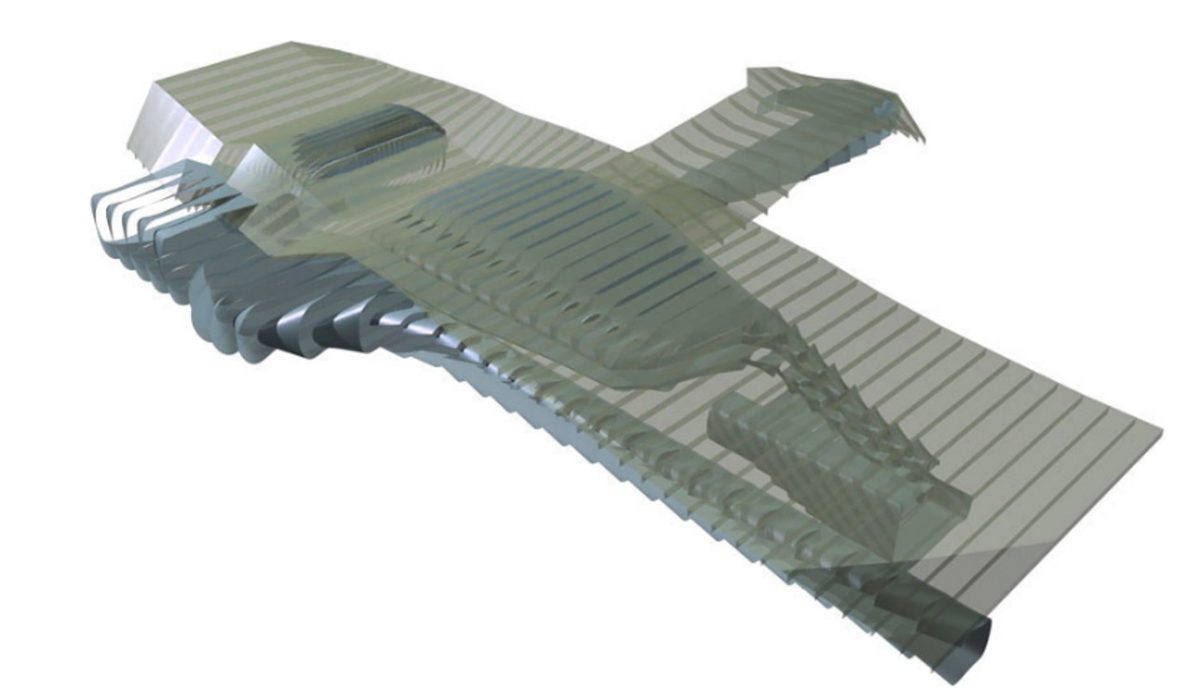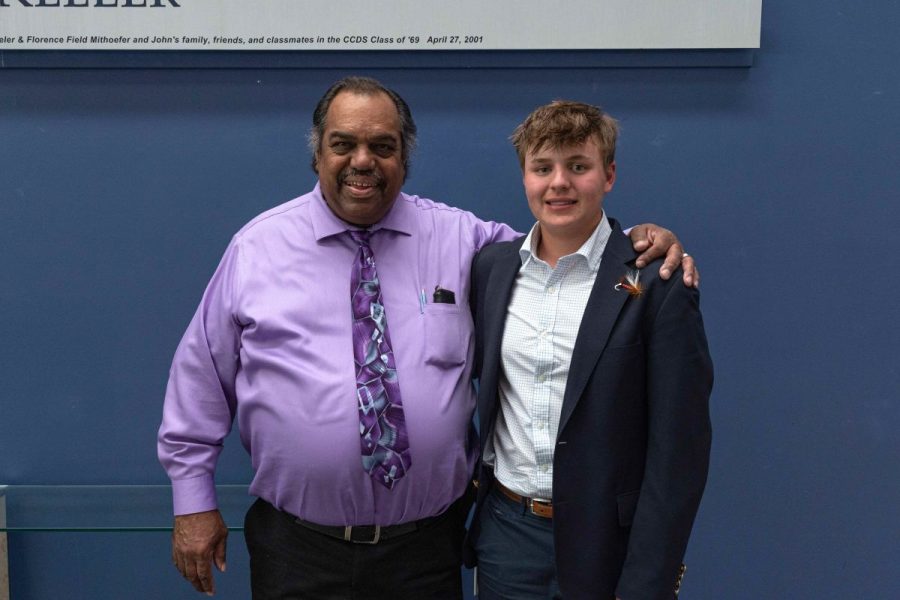By Nicky Niedermeir ’12, Contributor
On April 10, 2010, eighty-nine members of Poland’s upper echelon were killed in a tragic plane crash near Smolensk, Russia. Among those counted as casualties were President Lech Kaczynski and the first lady, twelve members of the Polish parliament, senior military officers, and survivors of the 1940 Katyn Massacre, which the group aboard the craft was traveling to Russia to commemorate. Among the ninety-six passengers, including the seven crew members, there were no survivors. While attempting to land at Smolensk-North Air Base, the plane crashed two-hundred meters short of the runway in an event that has had reverberations around the world.
President Lech Kaczynski had a very patriotic past—he was one of the first members of the anti-socialist Solidarity movement and was imprisoned by the communist government. In 1989, when Poland finally became a democracy, he became a senator, and later founded his own political party with his brother, a future prime minister. After his tenure as the wildly popular mayor of Warsaw, he won the presidential election of 2005 with 54% of the vote. His tough stance on corruption, which had permeated all levels of government during Soviet rule, earned him popularity and many votes.
One of the major themes of his presidency had been righting historical wrongs, a policy much in line with in his purpose in traveling to Russia on that fateful day. He instituted the first Holocaust curriculum for Polish schoolchildren, a move much lauded by Israel, and was the first Polish president to visit a synagogue.
Historical tensions between Russia and Poland have hung like a pall over relations between the two Slavic countries for as long as they have existed, but strain between them has come to the surface often, particularly since the fall of communism. Many Poles, including those who died in the Tu-154 crash, were proponents of the Solidarity movement which helped to free their homeland from Communism. One of the major causes of animosity toward Russians was the Katyn massacre—the 1940 murder of over twenty-thousand Polish citizens, the 70th anniversary of which was the purpose of the Polish leader’s visit to Russia.
The memorial honoring the 70th anniversary of this atrocity was a reversal of Russia’s historical attitude toward the event. The Soviet Union had routinely denied the existence of a mass murder near Smolensk, although photographic evidence had been obtained during the 1940’s.
After receiving the news of the tragic deaths of many of their leaders, the first thought of many Poles was that the Russian government had sabotaged the plane. The feeling of many was that the Russian secret service, notoriously ruthless during much of the 20th century, would stop at nothing to prevent the memorial of the slaughter it had caused. The fact that the Tu-154 was an outdated Soviet military plane did not ease feelings of injustice. Although the Katyn Massacre’s 70th memorial should have helped to reconcile Russia and Poland, in the aftermath of this horrific plane crash, harsh sentiments between the two are not likely to cease any time soon.
Nearly every government around the globe has expressed condolences to the people of Poland, with one member of Russia’s State Duma remarking, “Katyn claimed yet more victims.” Though many heads of state had planned to travel to Poland to attend President Kaczynski’s funeral, most were unable to make it because of the cloud of volcanic ash currently covering Europe. President Barack Obama, the leader of a country with a sizeable Polish community, also had to cancel his visit to Warsaw because of the weather conditions. Though the dust may have settled from this awful mechanical collapse, its repercussions will be felt for a long time.
Photo courtesy of guardian.co.uk






